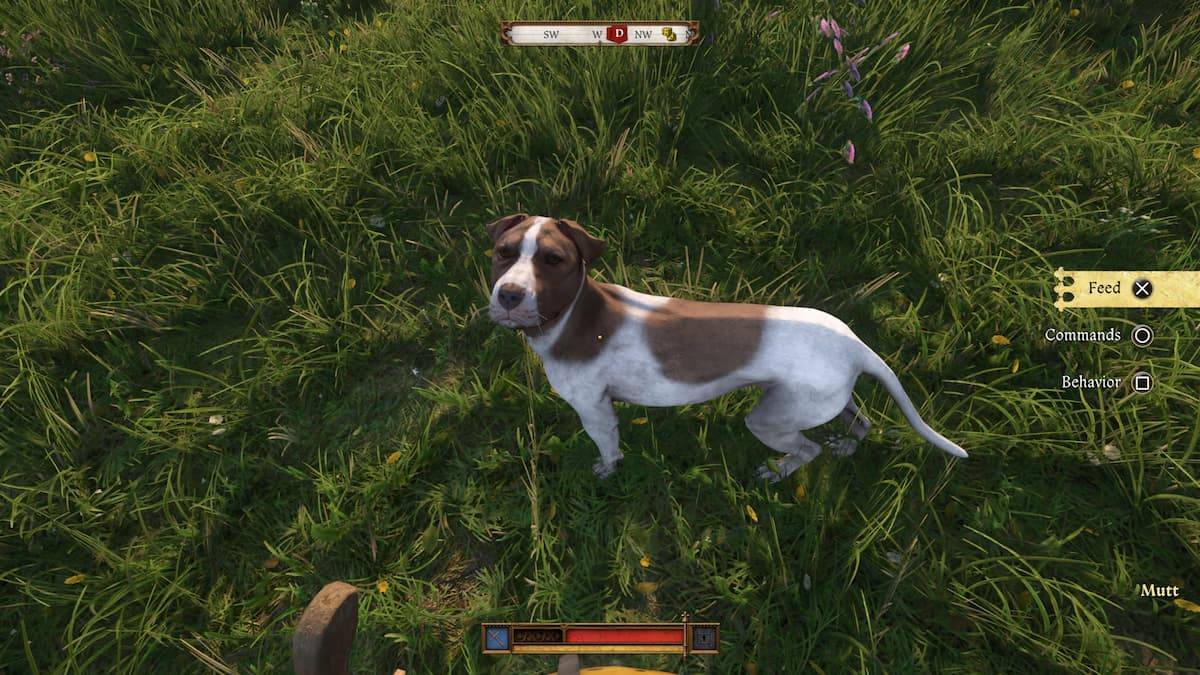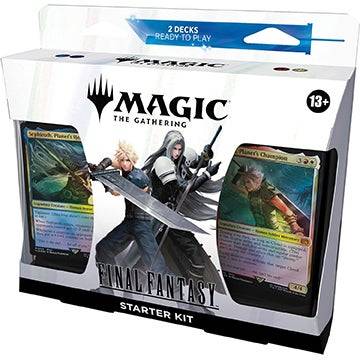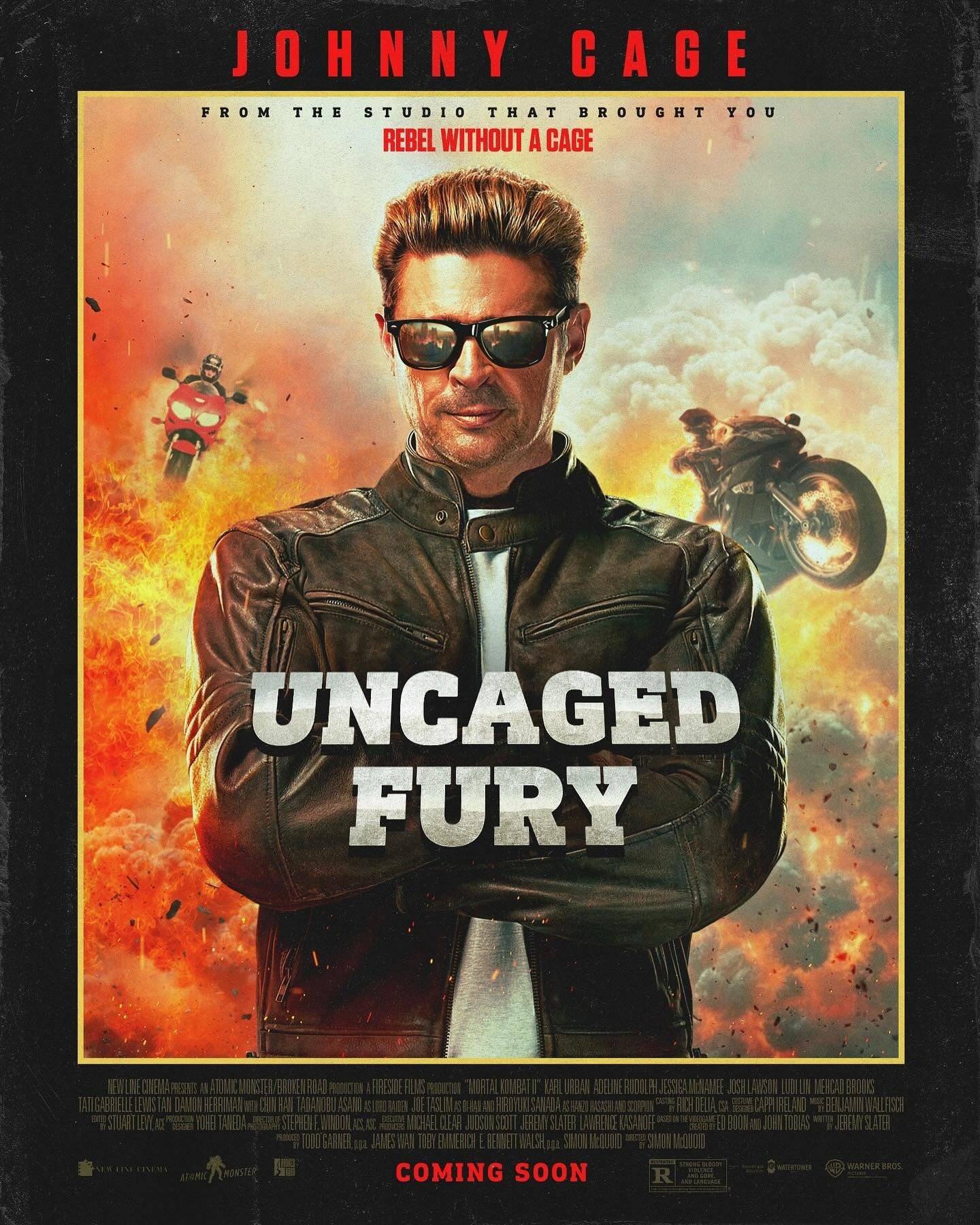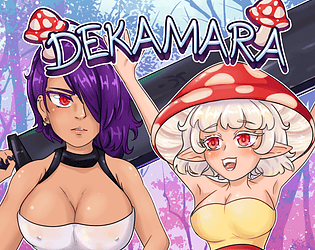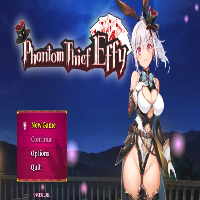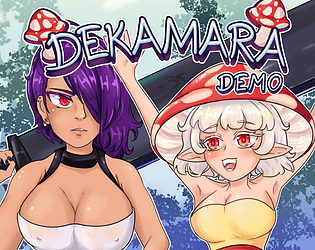Twenty years after the original Ōkami's release, Amaterasu, the sun goddess and source of all goodness, makes a surprising return in a highly anticipated sequel. Revealed at last year's Game Awards, the project reunites Hideki Kamiya, now heading his own studio, Clovers, with Capcom (publisher) and Machine Head Works (a studio of Capcom veterans). This collaboration brings together seasoned Ōkami developers with fresh talent, promising a stellar team dedicated to realizing their original vision.
While details remain scarce, IGN recently interviewed Kamiya, Capcom producer Yoshiaki Hirabayashi, and Machine Head Works producer Kiyohiko Sakata in Osaka, Japan. Their two-hour conversation shed light on the sequel's origins and development.
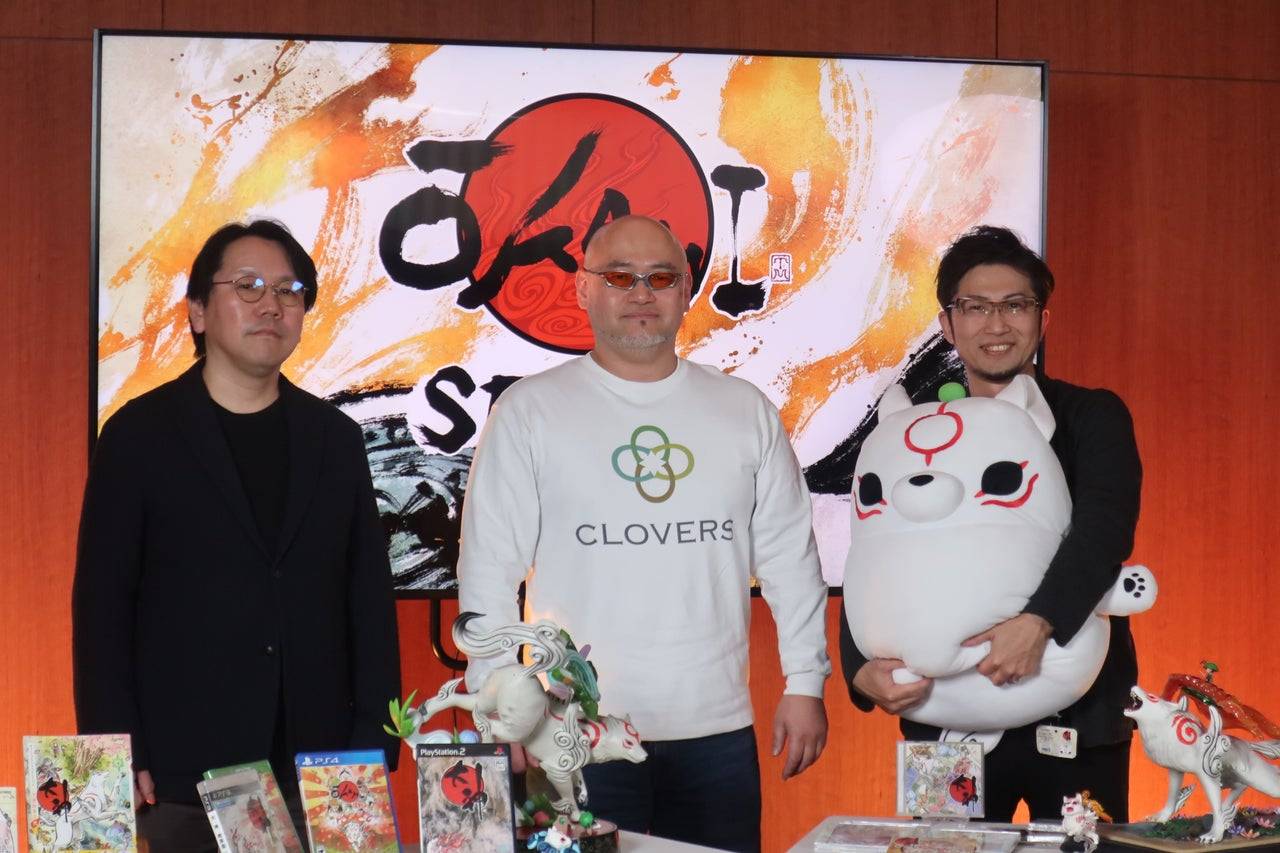 L-R: Kiyohiko Sakata, Hideki Kamiya, Yoshiaki Hirabayashi. Image credit: IGN.
L-R: Kiyohiko Sakata, Hideki Kamiya, Yoshiaki Hirabayashi. Image credit: IGN.
Here are key excerpts from the interview:
On Kamiya's departure from PlatinumGames and the founding of Clovers: Kamiya sought creative freedom to develop games uniquely his own, prioritizing the creator's personality in shaping the player experience. Clovers' formation followed his departure, born from conversations with colleagues who shared his vision.
On defining a "Hideki Kamiya game": Kamiya emphasizes creating unique, unforgettable gaming experiences rather than adhering to a specific formula.
On the connection between Clovers and Clover Studio: The name is a tribute to Kamiya's pride in his time at Capcom's fourth development division, Clover Studio, with the "C" in "Clovers" representing creativity.
On Capcom's involvement: Hirabayashi confirmed Capcom's long-held desire for an Ōkami sequel, fueled by the enduring love for the IP and the opportunity presented by Kamiya's departure. Kamiya himself always envisioned a sequel, repeatedly discussing it with colleagues. Sakata highlighted the alignment of circumstances as ideal for pursuing the project.
On Machine Head Works' role: Sakata described Machine Head Works as a relatively new studio with deep roots in Capcom's Division Four and extensive experience with Capcom IPs and the RE Engine. They act as a bridge between Clovers and Capcom, leveraging their engine expertise and Ōkami veterans within their team.
On the choice of RE Engine: While specifics remain undisclosed, both Hirabayashi and Kamiya believe the RE Engine is crucial for realizing Kamiya's artistic vision and meeting player expectations for high-quality visuals.
On the enduring appeal of Ōkami: Hirabayashi cited the game's consistent popularity and sustained sales as evidence of its lasting appeal. Kamiya attributes this to the game's enduring charm, evident in ongoing fan engagement and merchandise.
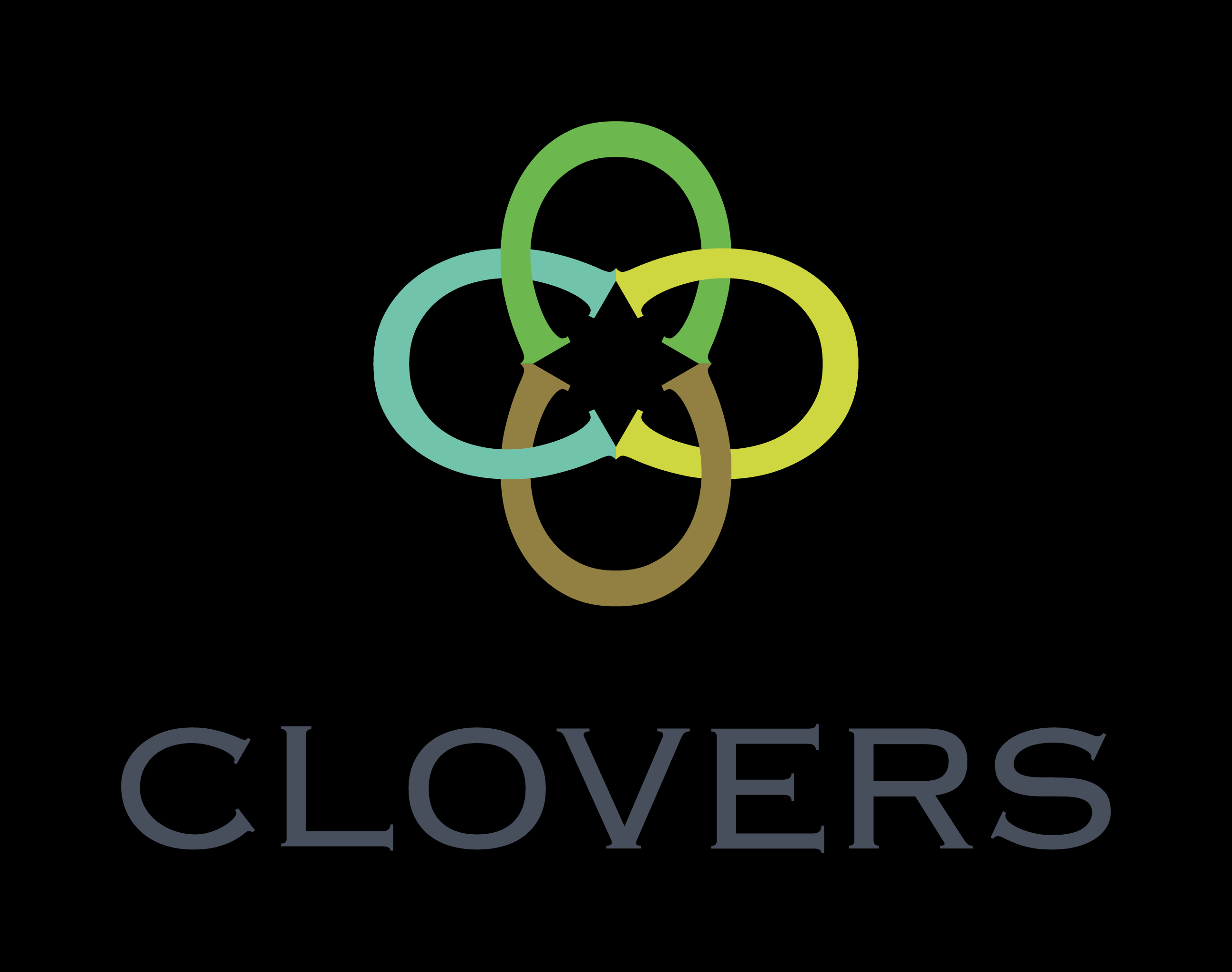 The Clovers studio logo.
The Clovers studio logo.
On the team and potential involvement of former Clover colleagues: Kamiya confirmed that several Ōkami veterans from Machine Head Works are involved, creating a stronger, more experienced team than the original.
On lessons learned from the original Ōkami and its development: Kamiya reflected on the challenges of the original development, acknowledging that a stronger team would have been beneficial. He believes the current team is significantly improved.
On the early announcement at the Game Awards: Hirabayashi explained the early announcement as a way to express their excitement and affirm the project's viability. Kamiya felt it was a crucial step in transforming the sequel from a dream into a reality.
On the sequel's story and themes: Hirabayashi confirmed the sequel as a direct continuation of the original Ōkami's story, featuring Amaterasu. Kamiya hinted at a long-developed overarching theme and detailed story, while emphasizing the importance of balancing player expectations with his creative vision.
On the control scheme: Kamiya acknowledged the need to balance nostalgia with modern control standards, promising an evolution of the original's mechanics.
On inspirations: Kamiya cited Takarazuka stage shows as a major inspiration, admiring their creative problem-solving within stage limitations. Sakata mentioned Gekidan Shiki performances, emphasizing the importance of creating a live, engaging experience. Hirabayashi highlighted the recent Gundam movie Gundam GQuuuuuuX, praising its emotional impact and diverse perspectives.
On defining success: Hirabayashi aimed for exceeding fan expectations. Kamiya prioritized personal satisfaction and creating a game he's proud of. Sakata focused on player enjoyment and the fulfillment of Kamiya's vision.
On the future of Clovers and Machine Head Works: Sakata focused on ensuring Machine Head Works' longevity and continued game development. Kamiya prioritized building a collaborative team at Clovers, emphasizing shared creative spirit over specific projects. Both remain open to continued collaborations with Capcom.
Ōkami 2 Game Awards Teaser Screenshots

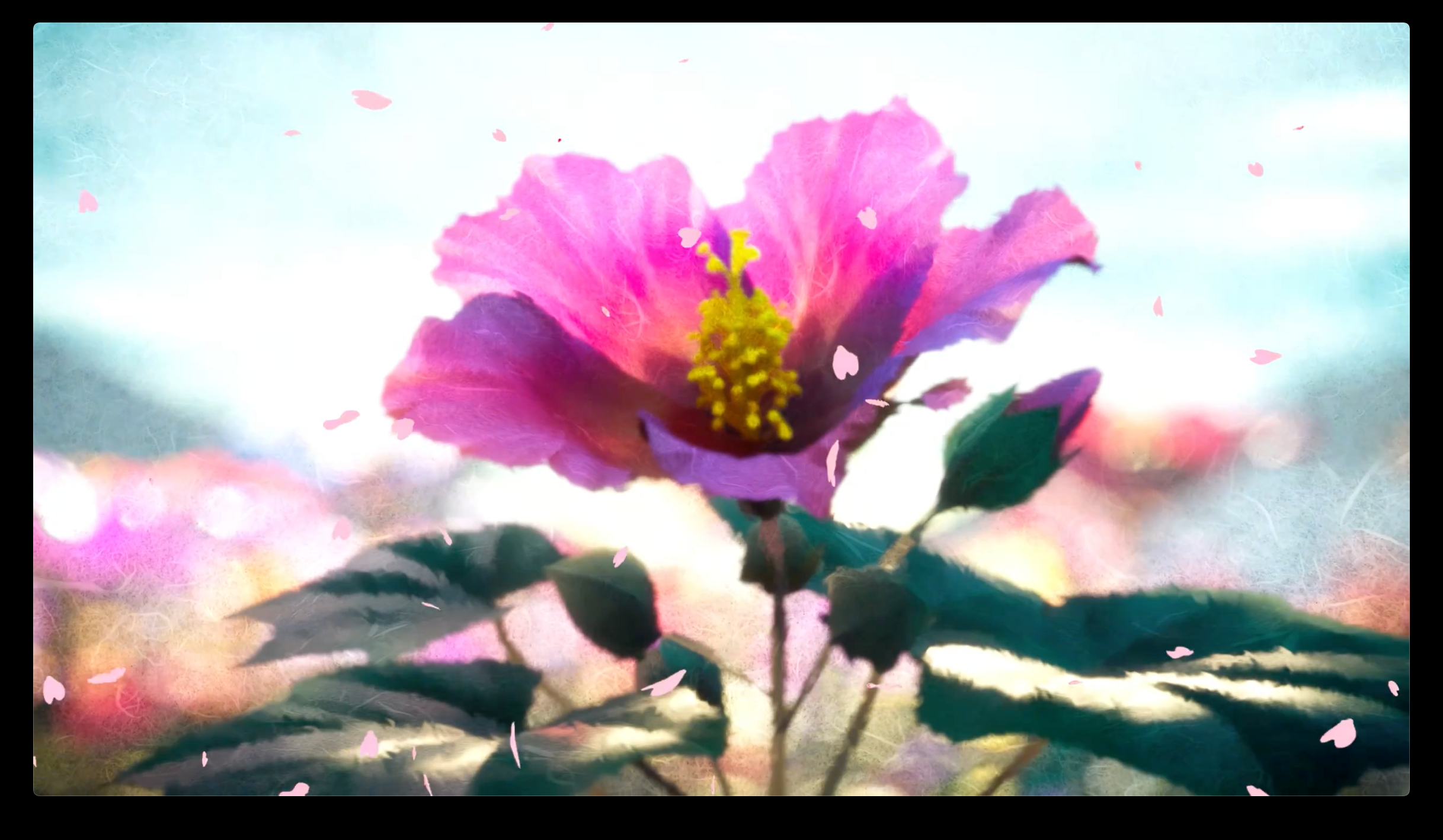 9 Images
9 Images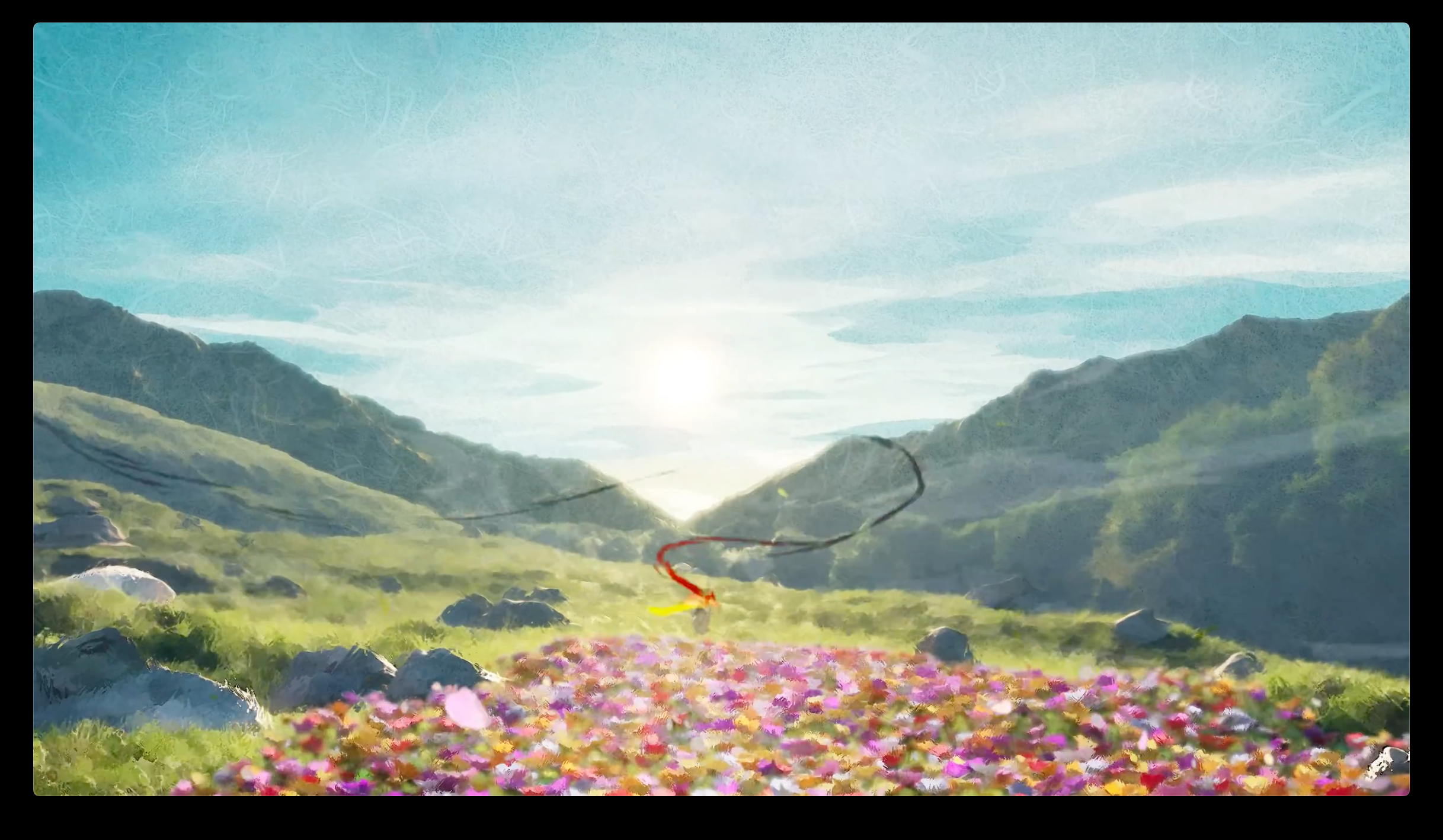
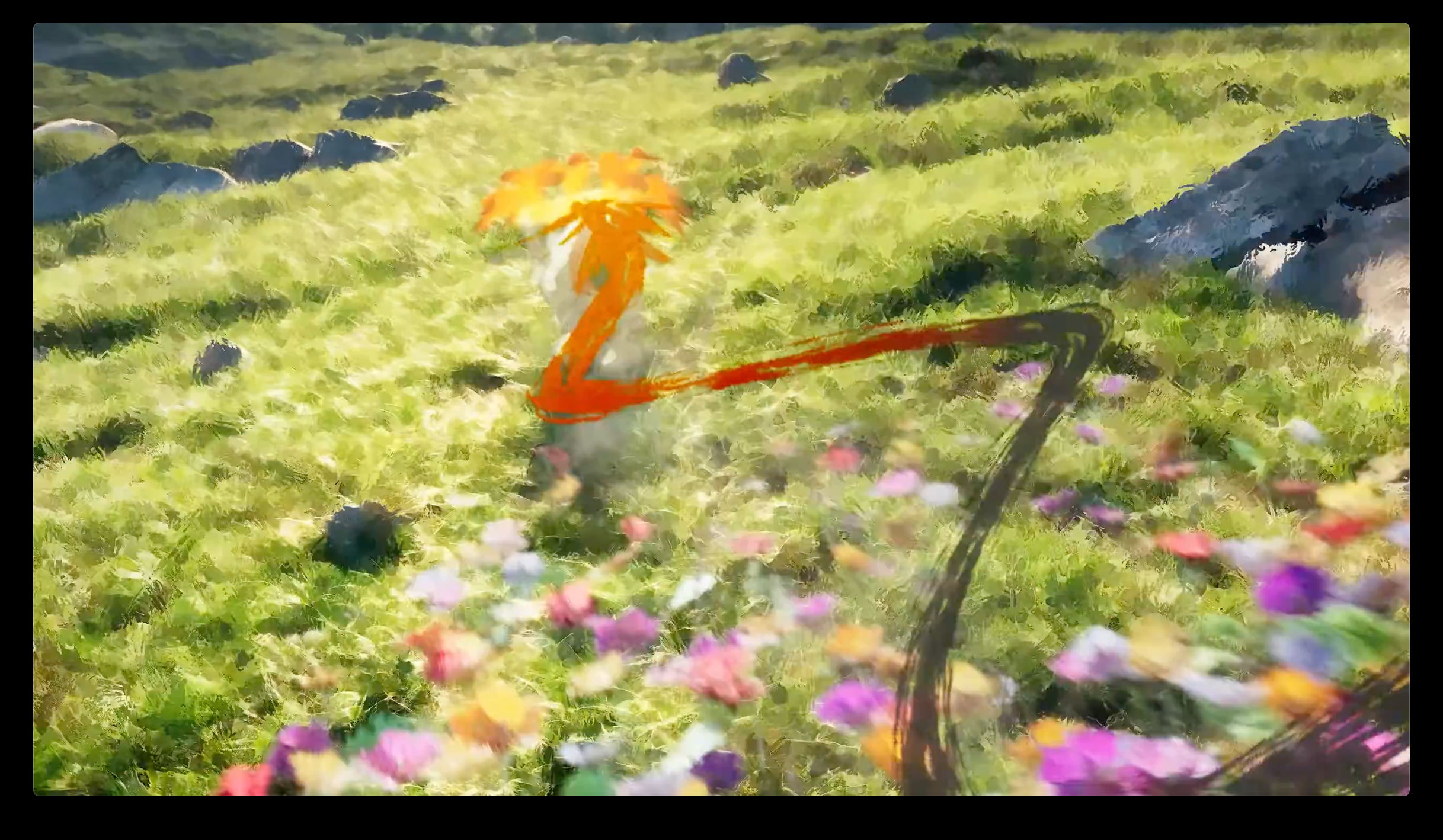

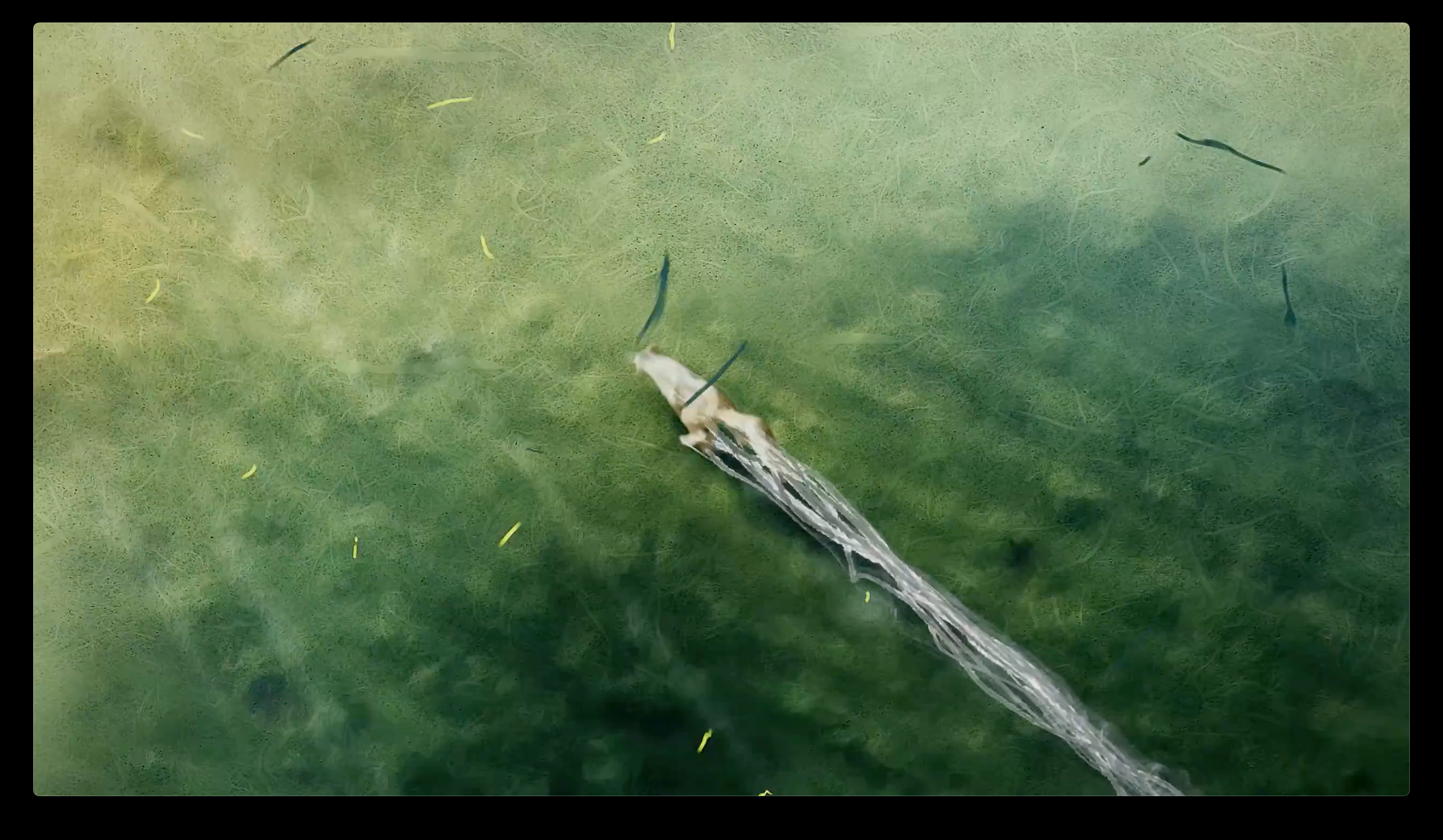
The interview concluded with closing messages to fans, expressing gratitude for their support and a promise to deliver a sequel worthy of the original.




 9 Images
9 Images



 LATEST ARTICLES
LATEST ARTICLES 
